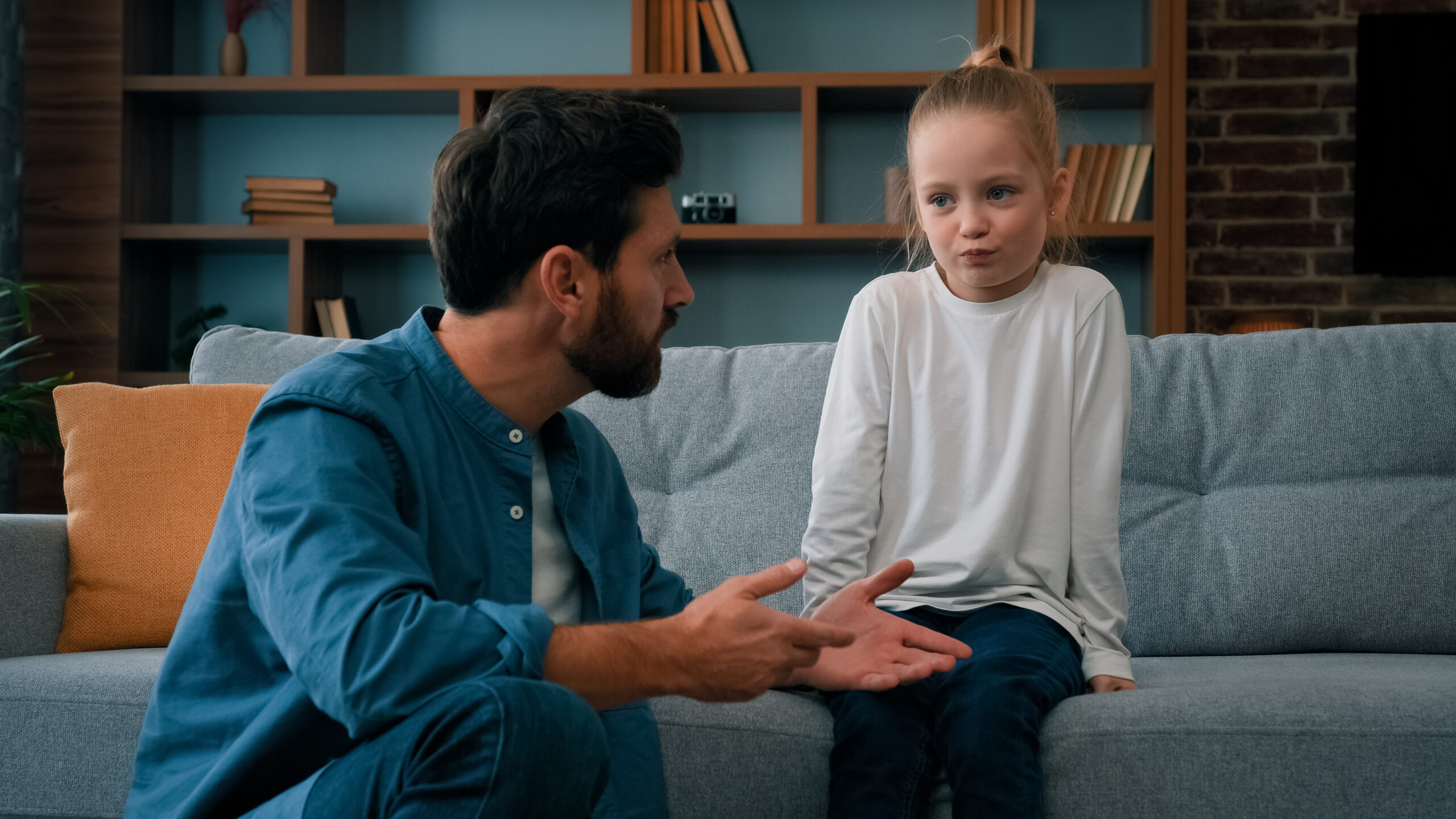Explaining addiction to a child can be a daunting task for any parent. It involves navigating complex emotions and facts in a way that is accessible and understandable to young minds. Whether the concern arises from a family situation, media exposure, or simple curiosity, finding the right words can help demystify this challenging topic and foster empathy and understanding.
Start With the Basics
What is Addiction?
Begin by explaining addiction in simple terms. You might say, “Addiction is when someone cannot stop doing something, even when it’s causing them harm.” It’s important to clarify that addiction can involve substances like alcohol or drugs, but it can also relate to behaviors, such as playing video games or gambling.
The Why Behind Addiction
Children are naturally curious, and “why” questions are a big part of their learning. When explaining why people may develop addictions, emphasize that it’s not a choice but rather a complex disease. You can compare it to how someone might catch a cold or another illness – it’s not something they want, but it happens, and it requires the right kind of help and treatment.
Use Age-Appropriate Language
The language you use should be tailored to the child’s age and maturity level. Young children need simpler explanations and concrete examples, while older children can understand more complex discussions about the brain, emotions, and social pressures.
Highlight the Role of Help and Support
Supporting Recovery
Make sure to convey that people with addictions can get help to feel better. Explain the role of doctors, counselors, and support groups in helping individuals recover. For instance, “Just like we go to the doctor when we’re sick, people with addictions can get help from professionals to learn how to live without needing to do the things that are harmful to them.”
Family and Community Support
It’s also crucial to talk about the support from family and friends. Let your child know that love and support are vital for someone’s recovery journey. This can also be a good time to assure your child of your love and support for them, no matter what.
Addressing Feelings and Questions
Children might have various reactions to learning about addiction, from confusion and fear to sadness. Encourage them to express their feelings and ask questions. Be open and honest with your responses, and it’s okay to admit if you don’t have all the answers. You can explore the answers together or seek information from trusted sources.
Explaining addiction to a child is a delicate process that should be handled with care, empathy, and honesty. By breaking down the concept into understandable parts, using age-appropriate language, and emphasizing the importance of support and treatment, parents can help their children grasp this complex issue. It’s a conversation that should foster openness, trust, and understanding, laying the groundwork for a supportive family environment where difficult topics can be discussed openly and without judgment.
In navigating this conversation, remember that it’s not just about a single talk but rather an ongoing dialogue. As children grow and their understanding deepens, they may have new questions or concerns. Continuing the conversation about addiction and being available to answer questions can help children develop a healthy understanding and empathy for those who struggle with addiction.
